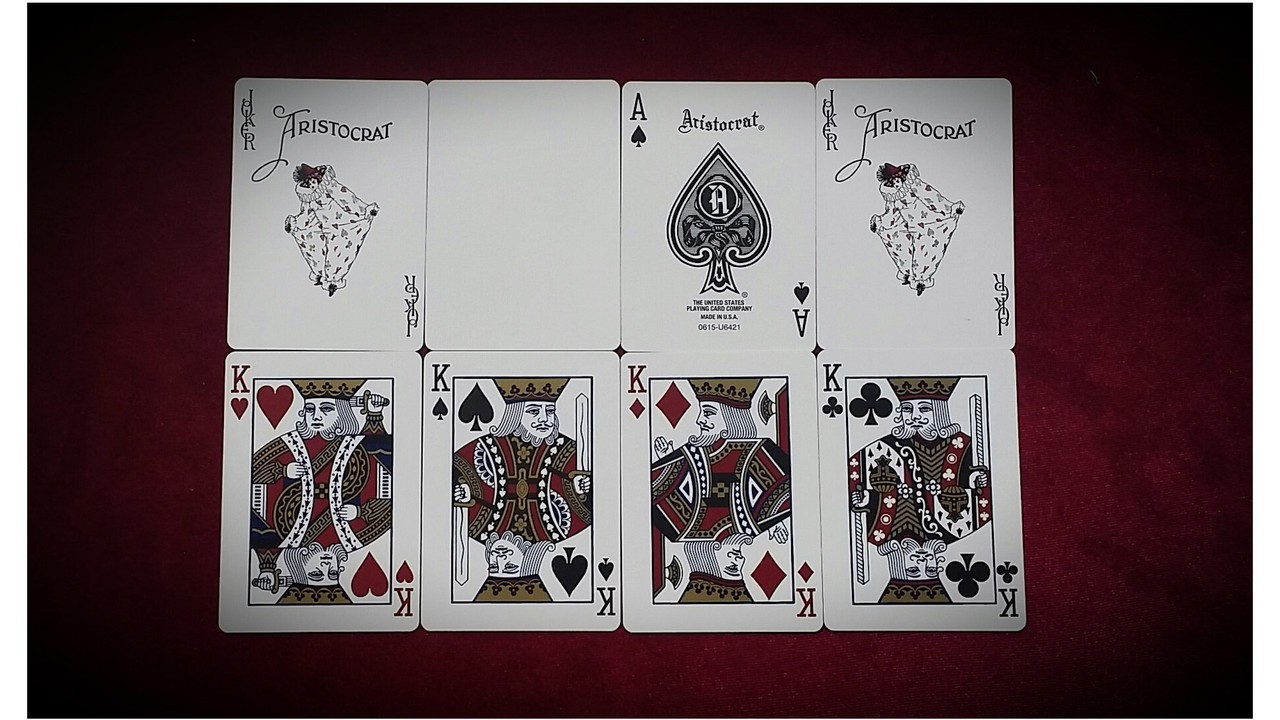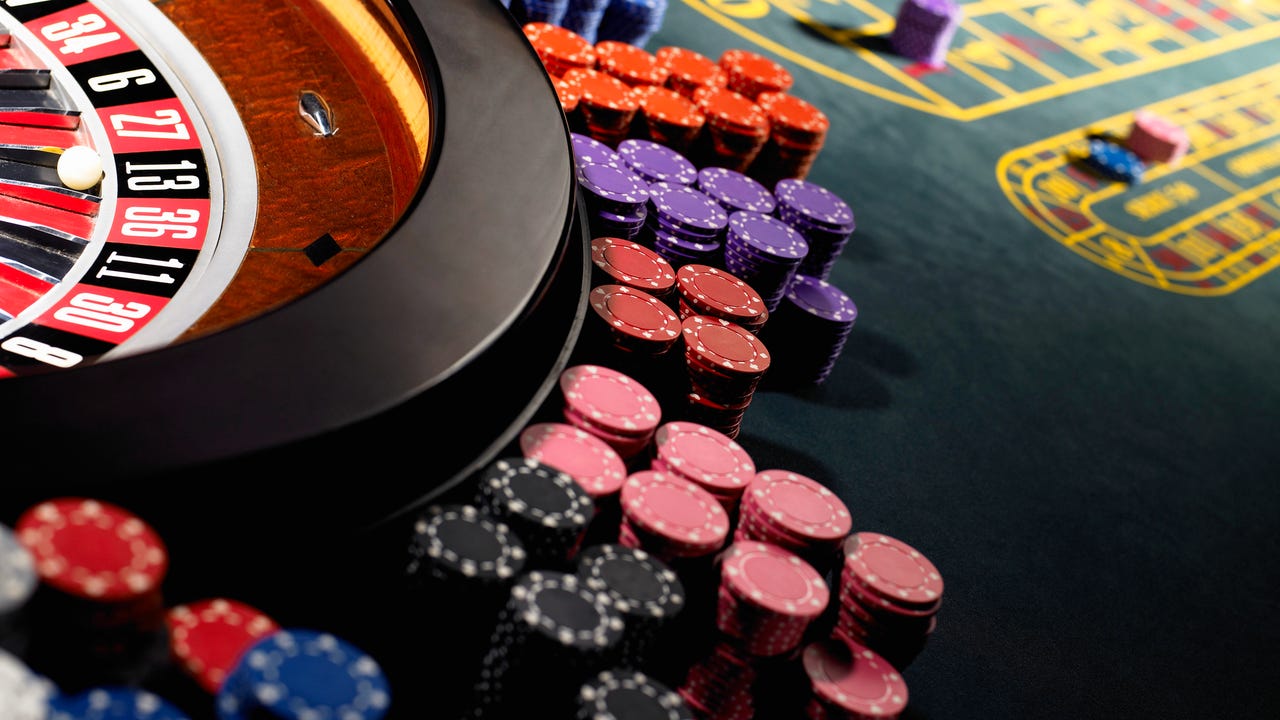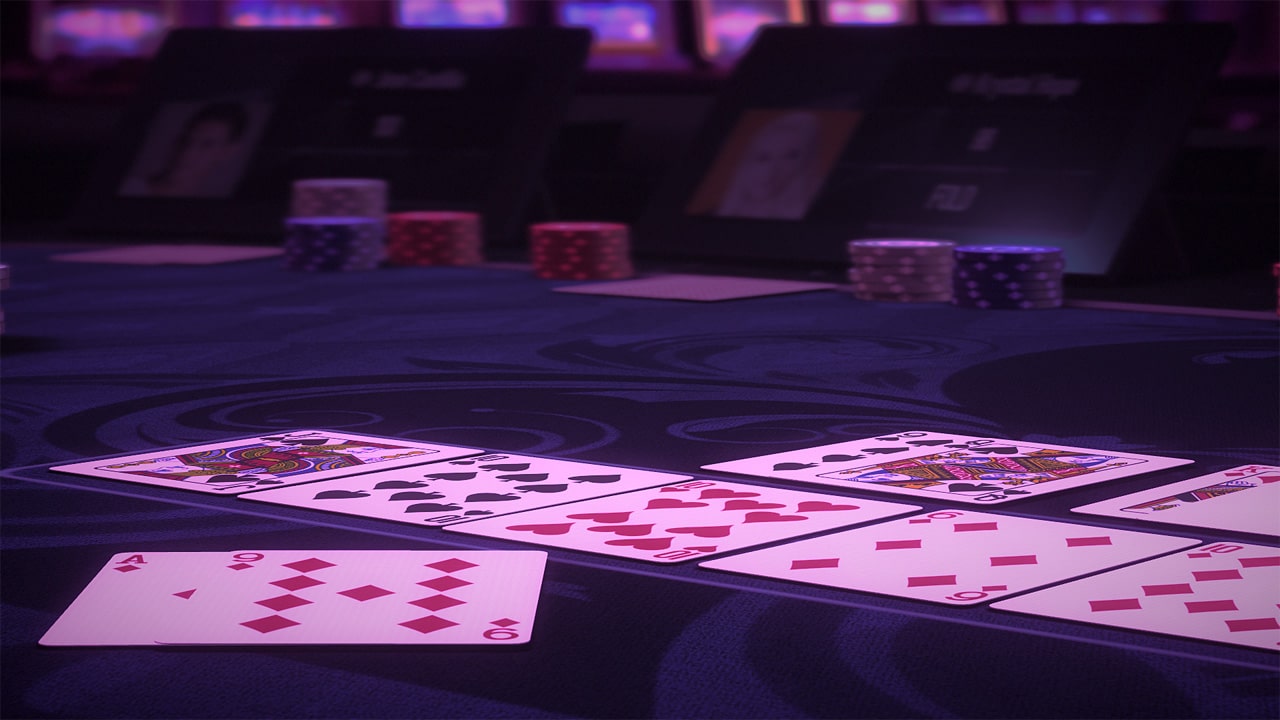John Nash: How a 1958 Fortune Article First Shone Light on a Math Genius
Hosted by John Nash
Tweet Share========================================================================

So, just last week the news hit us like a ton of bricks, right? John Nash, that genius of a guy who snagged a Nobel Prize in Economics and who you might know from the flick 'A Beautiful Mind', tragically died in a car accident. Way back in '58, there was this science writer for Fortune, George A. W. Boehm, who was one of the first to chat about game theory and all this cutting-edge ""new math."" His piece, ""The new uses of the abstract,"" tossed in this quick bio of Nash, and man, it's been getting a lot of airtime recently since it was one of the earliest shout-outs to Nash before the whole world caught on to his mental health battles Full Content.
It's wild, isn't it? How back in the day, folks were diving headfirst into using this super abstract math for all sorts of stuff. Mathematicians were on fire, creating new branches of math and expanding the classics to tackle the needs from industries, tech, you name it. They were crafting this whole new level of ideas that would make the old-school mathematicians' heads spin – stuff they wouldn't even tag as math.

And it's funny, 'cause while the applied math crowd was busy solving real-world puzzles, the pure math folks seemed to be floating off into space. Mathematics has always been this out-there sort of thing, but now, these pure mathematicians are pushing the envelope of abstraction further than ever. They're into math for the beauty of it, not fussing over whether it's gonna be useful or not.
But here's the kicker: the more abstract the math, the handier it gets. When mathematicians apply their brainy concepts to everyday problems, they can sometimes sweep away all the confusing bits and spotlight the simple patterns. Take celestial mechanics – it's this ancient bbc, mind-bending piece of math that now lets us calculate satellite orbits, not to mention it lets astronomers track planets and predict comet visits.

Even those brain-teasing math puzzles could end up being super important. Mathematicians are scratching their heads trying to crack the code on how many paths a particle can take across a grid without doubling back. Once they crack that nut, they could give chemists a world of insight into polymers.
Math whizzes with their feet on the ground have been conquering problems that were way out of reach just a few years ago. They've whipped up new stats methods for quality control in mass production, foundational stuff for Operations Research that helps bigwigs plan out their production and distribution, and a fancy “information” theory for communication tech. They're even getting into human behavior with game theory, which is just as good for military ops as it is for corporate strategy. And don't get me started on designing automatic control systems for complex stuff like production lines and fighter jets. Space travel? They're on it, from missile guidance to figuring out how to zip around beyond our atmosphere.
And get this: the world of bio and social sciences, which used to just be about descriptions, is getting a makeover with math precision. Biologists are getting chummy with information theory when it comes to genetics, and sociologists are leveling up their sampling game with high-end stats. There’s a whole new crew of applied math fields like biometrics and econometrics teaming up with the life sciences.
Thanks to electronic computers, mathematicians are tackling problems that would've been a pipe dream just a blink ago. They can crunch numbers in minutes that used to take months, even years. And while they're at it, they're cooking up new ways to design and program these computers. Sure, computers haven't thrown much weight behind pure math theory, but they're testing out number theories and might even stumble onto and prove a fresh math theorem one of these days pokernews.
With the crazy boom in U.S. math, both pure and applied, there's this huge craving for top-notch mathematicians. But here's the rub: we're running short on them. Training these brainiacs is tougher than ever, and they can't just stay in school forever, especially when their prime creative years are when they're young. We might have to totally rethink math education, starting with the kids as young as in ninth grade, to wriggle out of this jam.
My Journey Learning the Guitar
So, there I was, hands awkwardly trying to wrap around the neck of my brand new guitar. Man, it was nothing like those air guitar sessions in my room! I quickly realized it was gonna take more than just strumming - this baby had techniques that needed mastering. Barre chords? Sounded more like barre torture at first. But you know what they say, no pain, no gain, right?

It's not like I was going to let a few finger cramps and sore muscles stop me. No way, I was in it to strum it! And let me tell you, the day I finally nailed that F chord, I felt like a rockstar. The tips of my fingers were screaming, but that sweet sound of music? Worth every bit of the sting.
Don't even get me started on scales. Memorizing them was like learning a new language, but with my trusty axe, I was determined. Slowly, each note started to feel like an old friend, and before I knew it, I was riffing. It was like unlocking a secret level in a video game, and I was just leveling up!
Then, something awesome happened. I began to improvise. Yeah, that's right, your boy was jamming! It was like I could feel the music coursing through my veins, and my fingers just danced across the strings. I was creating my own tunes, my own sound. It was pure magic, a rush like no other. And to think, it all started with me fumbling around and cursing at a bunch of chords.
But here's the kicker – practice isn't just a thing you do; it's THE thing. Hours melted away as I got lost in the music, and I loved every minute of it. My buddies couldn't believe the progress I was making. ""Dude, you're shredding!"" they'd say, and I'd just flash a grin, my fingers itching to get back to my six-stringed friend cnn.
Looking back, picking up that guitar was one of the best decisions I ever made. It was a journey, alright – one with sore fingers, a few choice words here and there, and a whole lot of passion. And if I had to do it all over again? You bet I would, in a heartbeat. Because when that music hits you, and you're riding that wave, there's nothing quite like it. It's not just playing; it's feeling alive.